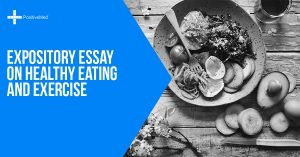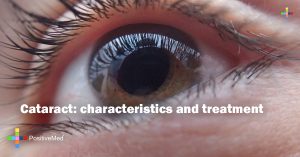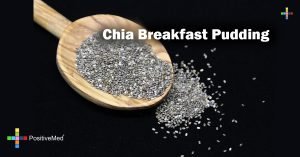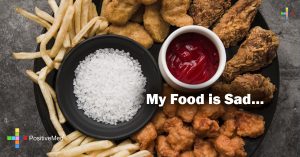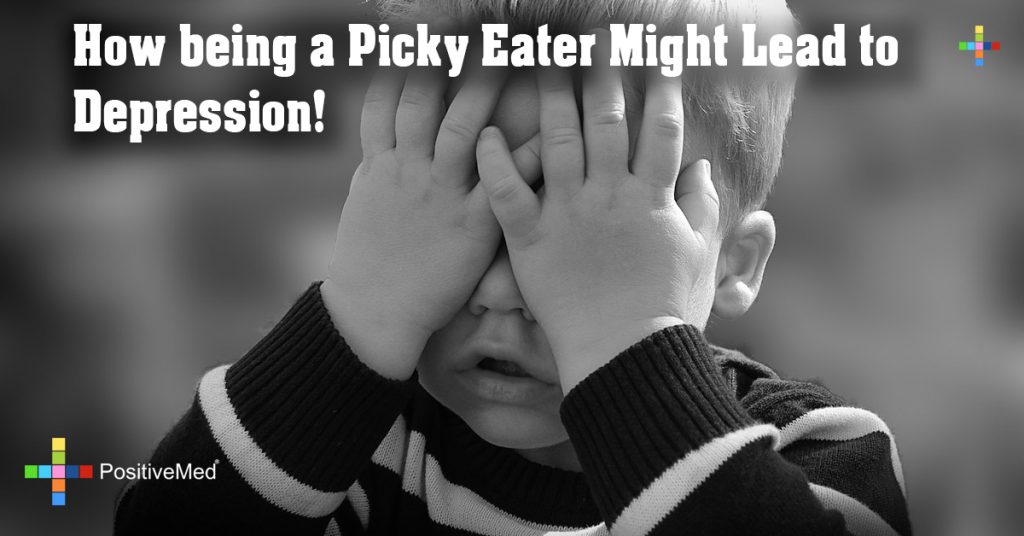
How being a Picky Eater Might Lead to Depression!
Most families with small children are familiar with the moment when a child decides that they don’t like a particular food. There’s a screwed up face, tight lips that refuse to allow the food to pass, and a stubborn glint in the child’s eyes that suggests that there is no way that particular food is going to be passing their lips any time soon. Every child will, at some point, encounter a food that they don’t care for. Researchers at Duke University, however, have discovered that for particularly picky eaters, there may be more going on than previously thought.

For the purposes of the study, the researchers divided children into three groups: normal children, who might have some food aversions but in general ate a fairly wide diet; picky eaters, who only ate specific foods but ate a fairly wide range of them; and severely picky eaters, whose range of acceptable foods was so narrow that it prevented them from being able to easily eat meals with others. According to the study, about 17% of children fall into the category of picky eaters, while 3% are severely picky eaters whose food aversions are causing disruptions in their household.
Once the groups had been divided, the researchers started asking a few more questions. The picky eaters-both moderately and severely picky- showed much higher levels of ADHD symptoms, anxiety- including social anxiety- and depression. Among the three percent who had severe picky eating habits, these symptoms were approximately twice as likely to occur. The study examined children both at the time the picky eater label was given and two years in the future, when children might have decided on their own to expand their diets.
RELATED ARTICLE: 9 Life Threatening Symptoms In Children to Never Ignore
Researchers are careful to point out that it’s not clear why there is a correlation between picky eating and these mental disorders. One hypothesis is that children who are picky eaters experience things more intensely than their peers, making the entire eating experience more intense. Picky eating, researchers suggest, might be nothing more than an overdeveloped sense of what foods are “safe” and which ones aren’t-a biological advantage when it comes to avoiding poisoning or foods that have gone bad. On the other hand, it’s also possible that picky eating habits create such stress and anxiety within the home that children experienced increased levels of anxiety as a result.
Regardless of the reason behind picky eating habits, it’s obvious that doctors shouldn’t simply brush parents off when they talk about their children’s picky eating. On the other hand, parents don’t need to attempt to force their children to try new foods: this simply increases anxiety and predisposes children toward poor attitudes about food later in life. Ultimately, most children will expand their palates on their own with age.
